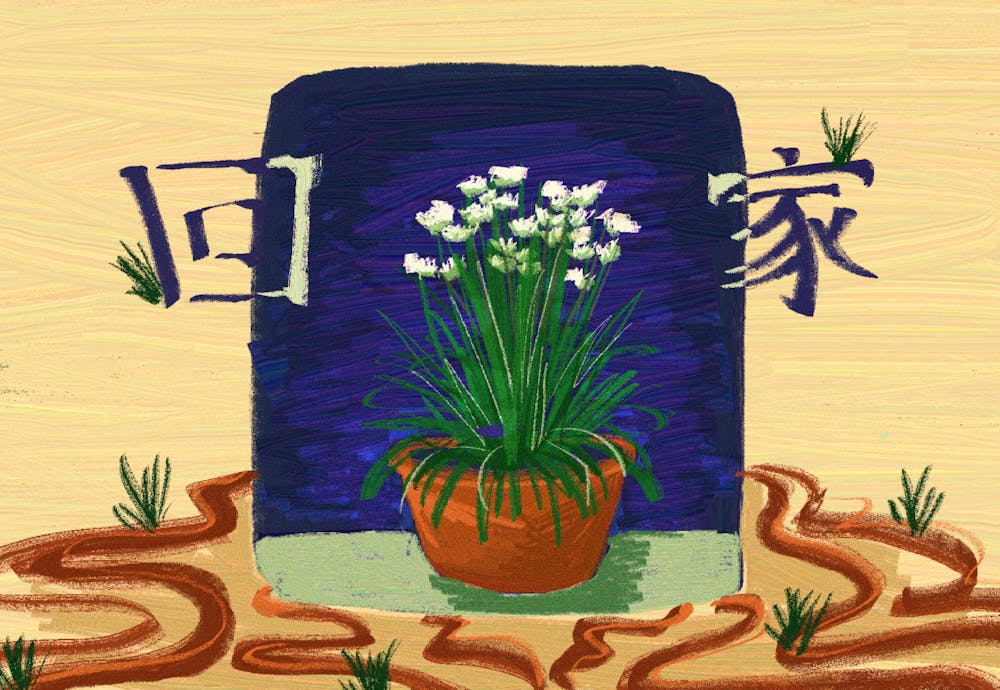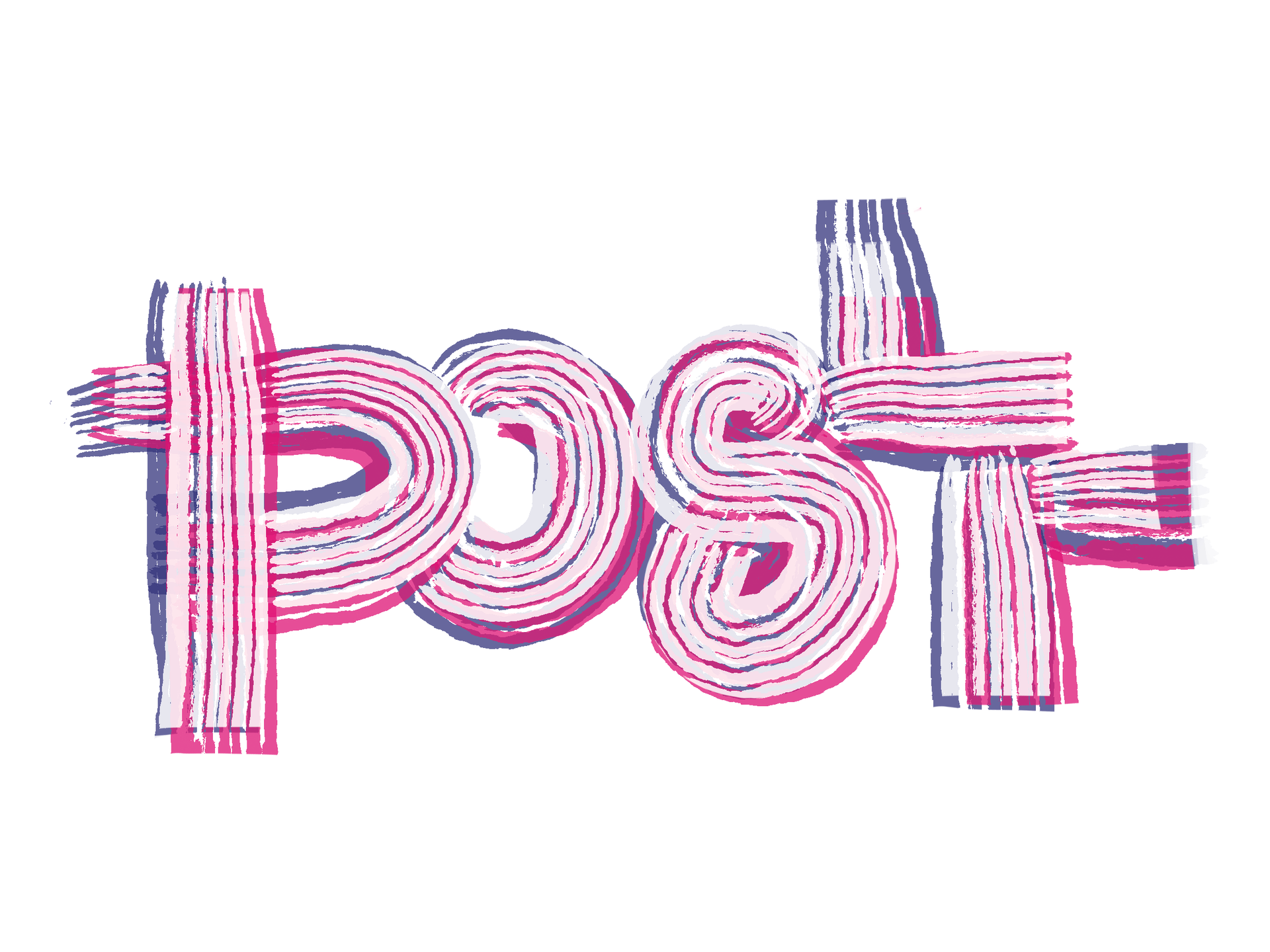I. KNOWN FACTS ABOUT MY FATHER
He grew up in a village around Wuxi. He has a brother whom I have never met. He says that he cannot handle spicy food anymore after an incident in his youth when he passed out while eating spicy huo guo in Sichuan. He is afflicted with gout. He loves gardening for the simple joy of clipping stalks of jiu cai. He strains soybeans over a colander every morning to make soy milk for my mother. He is fascinated by feng shui and the movement of invisible energy across space.
In his undergraduate years in China, he trusted a friend of his to give him a haircut. The results were so abominable that my father decided to buzz off the rest of his hair and start fresh. When he next came home, my Nai Nai did not recognize him, thinking he was a soldier coming knocking at her door. She knew he was her son only by the timbre of his voice.
He arrived in America after my mother had already been living here for seven months. He arrived in late November, just a day after a blizzard had deposited a blanket of snow on top of New York. My parents lived in Flushing, in a neighborhood that had lost power in that recent snowstorm. My father spent his first week in America in a cramped, cold, and lightless apartment.
In every house we have lived in since, my father has set our wifi password to the address of their first house in America. I have heard more about New York than my father’s hometown. He seems to remember the freezing terror of those early years in New York more than any other period of his life.
II. STORY AS A RIVER
Our family stories seldom hold up to scrutiny. We never tell a story the same way twice because families never fall in straight lines. I have heard three versions of how my parents met. My cousin’s nickname is Ding Ding and there are four different etymologies, four different explanations of how this name came to be. Nai Nai could speak to the wind, and she could tell from the creak in her bones when a thunderstorm was coming.
My father once told me a story about Ye Ye, how he once wrestled with a rampaging pig until the pig was so exhausted it could no longer walk. Ye Ye, with his powerful voice and his wide palms, forced the pig’s head into the mud and shouted so loud the water receded from the riverbank. As nature recovered from the force of Ye Ye’s voice, he whispered into the pig’s ear: hui jia. Go home. My father does not remember telling me this story.
My father talks about childhood in China like I talk about dreams. When he speaks, words evaporate into the air, leaving only the suggestion of their contexts and the texture of language. Our conversations about China usually take place after he has had a few beers. He will fix his glasses and lean forward onto the dinner table. He will look at me solemnly and trust that this family knowledge will carve itself a canyon in my mind.
Folkloric detritus accumulates onto our family like snow.
III. HIM IN HIS YOUTH
It is impossible to reconcile my father with the man I see in my parents’ wedding photos. This unknown man stands with his arm around my mother, who will always be recognizable as my mother, who is smiling with her whole face, just the same way that I now also smile. He stands, an obelisk, his slim-fitted black suit cutting a volcanic figure against an otherwise pastel photo. My father is stone: solemn and sharp. The camera has captured him at his most deadly angle.
IV. WINTER OVERSEAS
My father used to travel often for work when I was younger. He was only ever gone for a week or two at a time, but time passed differently back then. As I felt it, he was missing for months at a time.
Ye Ye took care of me in his absence. Ye Ye, who, in his old age, is nothing like the stories that my father used to tell me. Ye Ye, who is now quite small in comparison to the towering oak tree figure in my father’s stories. Ye Ye, who taught my father how to clip stalks of jiu cai and how to stir-fry leftovers into rice. Ye Ye, whose fingers are gnarled and brown from too many years under the sun. Ye Ye, whose fury my father describes as legendary, but who I have never seen get angry. Living here outside of China has changed him, my father explains. He is softer now.
V. MY FATHER AS SELF PORTRAIT
And here is where we once were, my father says. He uses the word jia, which in Mandarin means home. He is pointing at a shallow depression in a plot of dirt. We are walking through my father’s hometown in Jiangsu. The hole used to be deeper, my father tells me, when Ye Ye used to live here. That was before he married Nai Nai and moved in with her family, after which this plot of dirt became where they kept the pigs and also where Ye Ye and Nai Nai sent my father and his brother to sleep if they weren’t doing well enough in school.
As a schoolboy, my father walked to school with a bowl and a pair of chopsticks in his bag. Back then, school cafeterias offered food only, not utensils. He would walk this way the whole day, with his bowl and his chopsticks clanging together in his bag.
This is the only way I might imagine my father as a child, walking on dirt paths, a porcelain chime-tone with every step.





